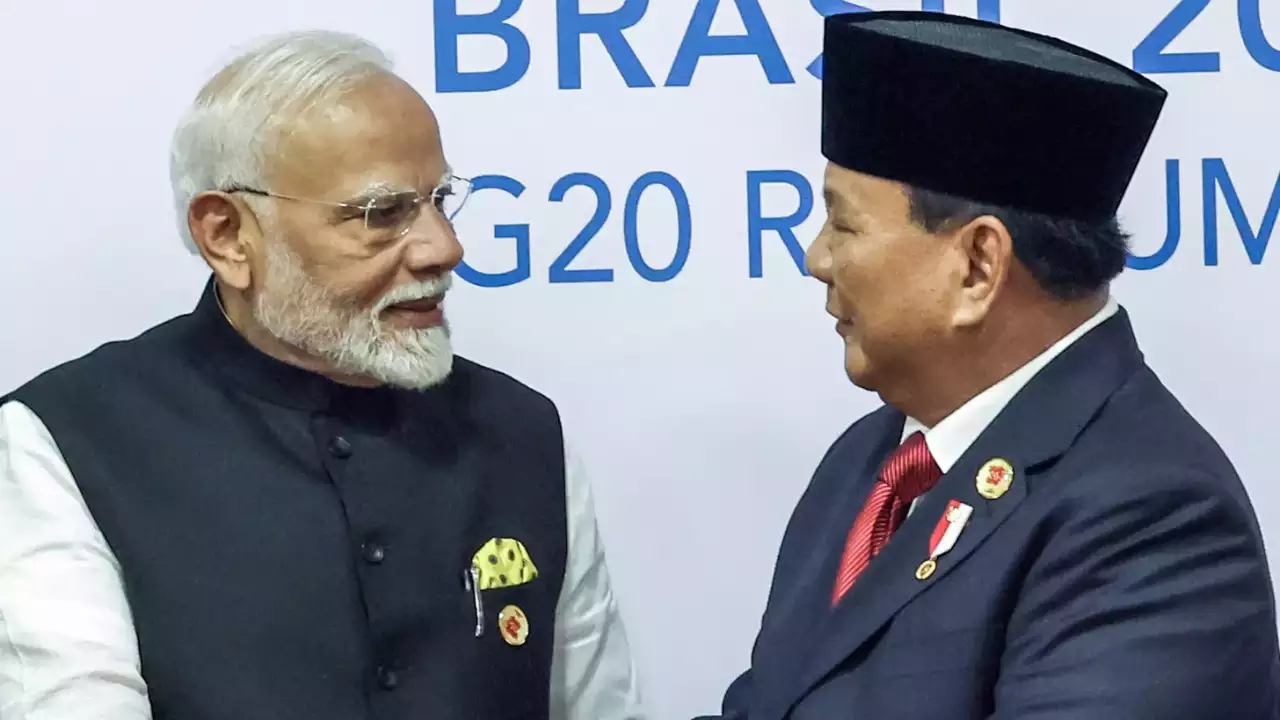
In July 2024, BluSmart, India’s all-electric ride-hailing startup, was on a roll. It raised ₹200 crore in funding, with big names like former cricket captain MS Dhoni backing the green mission. The company symbolized the clean-energy future: no tailpipes, no emissions, just quiet progress.
But in April 2025, that ride came to a screeching halt. BluSmart abruptly shut down operations amid a financial probe by the Securities and Exchange Board of India (SEBI) into Gensol Engineering, the company leasing EVs to BluSmart.

What does this mean for the average person?
If you’re someone who cared about eco-friendly commutes or were eyeing a job in the booming EV sector, this news hits hard. BluSmart wasn’t just another cab company—it was a symbol of cleaner, smarter urban mobility. Its shutdown raises deep questions: Was the business model flawed, or did the system get gamed?
From Hero to Headline: BluSmart’s Rise and Fall
BluSmart had momentum. Slick branding, celebrity endorsements, and a growing fleet of EVs helped it stand apart from traditional cab services. Many commuters, especially in Delhi-NCR and Bengaluru, welcomed the clean, quiet rides.
But the shutdown just months after a major funding round? That’s more than a hiccup—it’s a red flag. SEBI’s investigation into Gensol—BluSmart’s key vehicle lessor—may expose deeper financial issues.
How does a green company go from unicorn dreams to under investigation in under a year?
Also Read: EV Funds or Luxury Property? Gensol BluSmart Promoter Under Fire
Gensol in the Spotlight: What SEBI Is Probing
Here’s what we know so far:
- Misuse of Funds: There are whispers that investor money meant for EVs may have been redirected elsewhere.
- Inflated Asset Values: Some reports allege Gensol overstated asset values to attract more funding.
- Suspicious Transactions: SEBI is looking into related party dealings—basically, financial favors that raise eyebrows.
While the official SEBI report is still awaited, these allegations are serious enough to shutter a growing business. And that’s saying something in a country eager to shift to green mobility.
Missing Crores and a Luxury Flat?
Then come the dramatic details: rumors of “missing crores,” unexplained expenses, and even a luxury flat tied to someone in the loop. These allegations haven’t been confirmed yet—but they’re enough to damage trust.
And this matters. Investors—from big institutions to the common man using ride apps—want transparency. If this scandal proves anything, it’s that EV startups need more than green goals; they need clean books.
Also Read: HUL Ad Controversy: Did a Mega Brand Just Copy Mamaearth’s Look?
The Bigger Picture for India’s EV Dreams
India’s EV sector is still in its early stages. BluSmart was seen as a case study for what’s possible. But this unraveling shows how fragile the ecosystem still is.
- EV adoption can’t thrive without financial trust.
- Investors must demand accountability, not just ambition.
- Customers deserve to know if the companies they support are being honest.
It’s not enough to be “green.” You have to be clean—financially, ethically, and operationally.
Final Word
For EV fans and climate advocates, BluSmart’s fall is more than just another startup failure. It’s a wake-up call. India’s electric future depends not just on innovation, but integrity.
Maybe it’s time we start checking what’s under the hood—both on the road and in the balance sheets.
Also Read: Mehul Choksi’s Arrest Sparks New Questions About India’s Extradition Process












